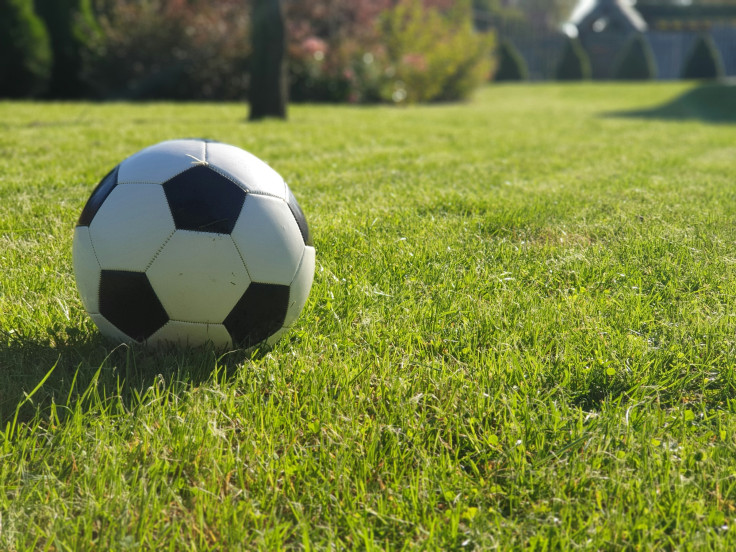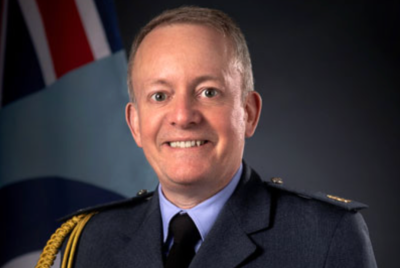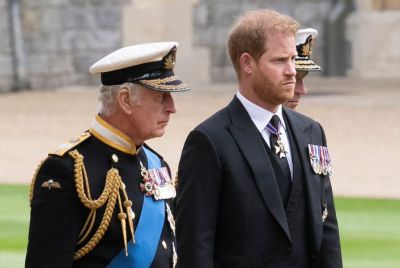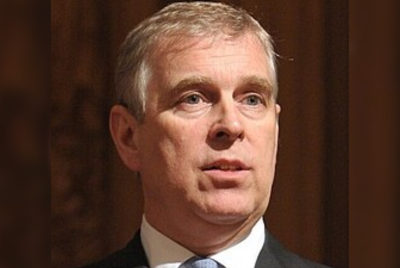England Legend Paul Gascoigne's Hospital Dash Highlights Crisis Facing Football Icons
Fans are praying for Gazza's full recovery.

Paul Gascoigne's recent collapse at his Dorset home has once again cast a harsh light on the health and wellbeing challenges facing retired footballers.
The England legend, affectionately known as Gazza, was rushed to the hospital after being found in a semi-conscious state on Friday, highlighting the ongoing battles many former professionals face long after leaving the pitch.
Paramedics were called to Gascoigne's Poole home, with his close friend and personal assistant Steve Foster immediately rushing him to hospital for urgent care.
Support and Recovery
Foster discovered Gascoigne collapsed on the bedroom floor and drove him to hospital for emergency treatment. Medical staff at Poole Hospital acted quickly to stabilise the 58-year-old, admitting him first to intensive care before transferring him to an acute medical unit as his condition improved.
we remember gazza with great affection 🇬🇧
— DK72 🇬🇧 (@rfc187255_) July 20, 2025
No surrender Paul Gascoigne 😎 pic.twitter.com/N5sctVYz8p
Gascoigne's family, including daughter Bianca and his sisters, remain in close contact, while friends and relatives continue to offer support during this difficult period.
'He [Gascoigne] would like to thank everyone for the support he's received so far from so many old friends who wish him well and want to see him back to his best,' Foster told the The Sun.
Gazza's Condition Now Stable
Hospital officials have confirmed that Gascoigne's condition is now stable. He remains under observation in the acute medical unit, where doctors and nurses are conducting further tests to determine the cause of his collapse.
Despite feeling weak, Gascoigne has spoken with visitors and has expressed appreciation for the many well-wishers who have reached out.
'Paul is in hospital, which is the best possible place for him to be right now,' said Foster. Gascoigne will remain under specialist supervision until doctors complete their assessments.
Fans across the country have sent messages of concern and support, hoping for the football icon's full and speedy recovery.
💙 Speedy recovery to Rangers Legend, Paul Gascoigne who has been admitted to hospital. pic.twitter.com/M1L30zpfVz
— 𝗠𝗶𝗰𝗵𝗮𝗲𝗹 (@RFC_Michael_) July 20, 2025
🙏 Sending love to Paul Gascoigne, who has been in hospital after collapsing at home.
— NUFCBlog.co.uk (@NUFCblogcouk) July 20, 2025
Our thoughts are with you, Gazza! 🖤🤍#NUFC #THFC #EFC pic.twitter.com/DviQ2f79HB
Paul Gascoigne the friendliest and kindest football person I have ever met. He always made time for people. Look how good he was with my little Cousin. pic.twitter.com/yDsPl4ghqD
— Douglas Bagley (@dougbagleyfdl) July 20, 2025
Long Battle with Alcohol and Mental Health
Gascoigne's latest health scare comes after a long and public battle with alcohol addiction and mental health challenges. His struggles began during his playing days and intensified after his retirement from football in 2004.
Over the years, Gascoigne has faced several hospital stays due to alcohol withdrawal, mental health crises and related conditions such as seizures and pancreatitis. Medical professionals have diagnosed him with bipolar disorder, depression and anxiety, all of which have contributed to his ongoing battle with addiction.
In March 2024, Gascoigne described himself as a 'sad drunk' and revealed he had been living in a spare room at his agent's home.
Earlier this year, he shared a more hopeful update: 'I feel better now than I have in years. I hope I am at a point that I can look back over everything I've gone through with a different, more positive perspective. After so many years in the spotlight, I feel like it's time people got to know the real me.'
The former England midfielder has sought recovery through rehab, therapy, alternative treatments and Alcoholics Anonymous, though relapses have occurred. Despite setbacks, Gazza continues his fight, drawing strength from the support of friends and fans.
Football's Ongoing Mental Health Crisis
Gascoigne's experience is far from unique in professional football. Addiction and mental health problems affect many players, often hidden behind the pressures of fame and career expectations.
According to Bishop & Sewell UK, statistics from the Professional Footballers' Association (PFA) show that between 2023 and 2024, 530 players sought help for issues including alcohol and substance misuse, gambling and mental health concerns.
Last season, 80 players entered therapy for substance or alcohol misuse, 42 sought help for gambling addiction, and nearly 20% reported using nicotine pouches.
High-profile footballers including Dele Alli, Christian Norgaard, Chris Kirkland, Tony Adams, Wayne Rooney and George Best have spoken openly about their own struggles.
Sports law expert David Little noted: 'A potent combination of leisure time, plenty of disposable income and a strong desire to win at all costs can create an ideal environment for addictive behaviours to flourish.'
Gascoigne's hospitalisation serves as a stark reminder of the toll addiction and mental health issues can take on football icons both on and off the pitch. Football authorities and players' groups continue to develop better support and resources for those fighting hidden battles.
© Copyright IBTimes 2025. All rights reserved.





















